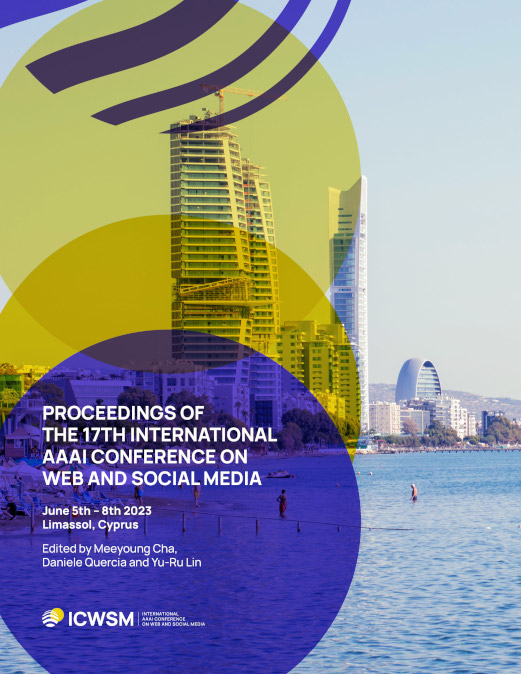The Amplification Paradox in Recommender Systems
DOI:
https://doi.org/10.1609/icwsm.v17i1.22223Keywords:
, Web and Social MediaAbstract
Automated audits of recommender systems found that blindly following recommendations leads users to increasingly partisan, conspiratorial, or false content. At the same time, studies using real user traces suggest that recommender systems are not the primary driver of attention toward extreme content; on the contrary, such content is mostly reached through other means, e.g., other websites. In this paper, we explain the following apparent paradox: if the recommendation algorithm favors extreme content, why is it not driving its consumption? With a simple agent-based model where users attribute different utilities to items in the recommender system, we show through simulations that the collaborative-filtering nature of recommender systems and the nicheness of extreme content can resolve the apparent paradox: although blindly following recommendations would indeed lead users to niche content, users rarely consume niche content when given the option because it is of low utility to them, which can lead the recommender system to deamplify such content. Our results call for a nuanced interpretation of "algorithmic amplification" and highlight the importance of modeling the utility of content to users when auditing recommender systems. Code available: https://github.com/epfl-dlab/amplification_paradox.Downloads
Published
2023-06-02
How to Cite
Horta Ribeiro, M., Veselovsky, V., & West, R. (2023). The Amplification Paradox in Recommender Systems. Proceedings of the International AAAI Conference on Web and Social Media, 17(1), 1138-1142. https://doi.org/10.1609/icwsm.v17i1.22223
Issue
Section
Poster Papers

